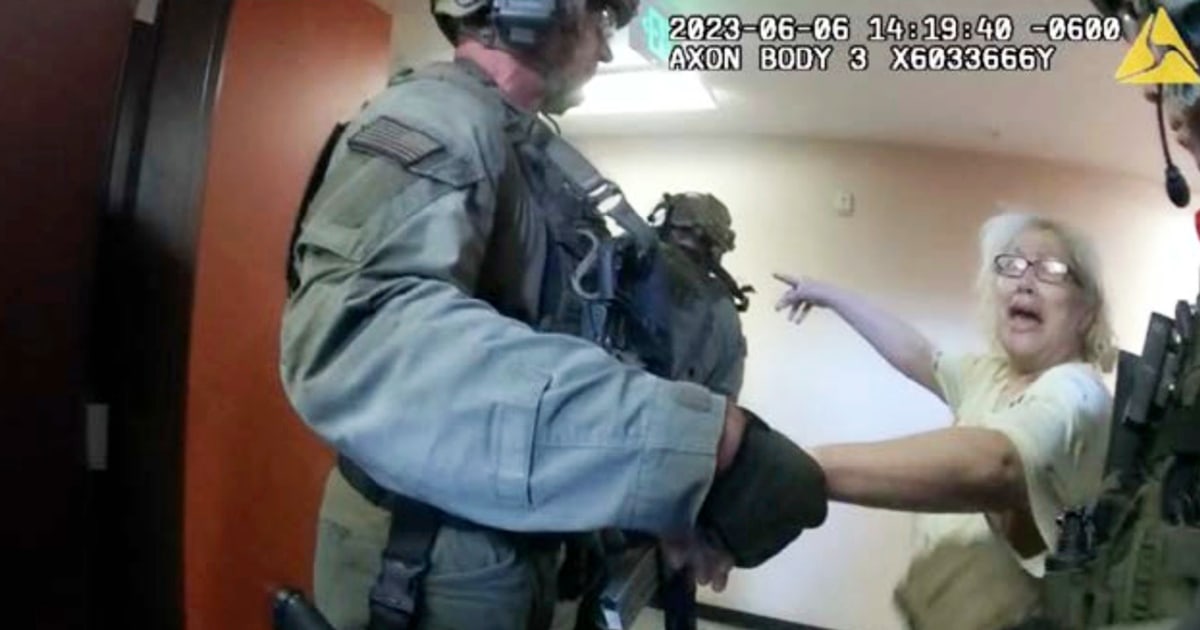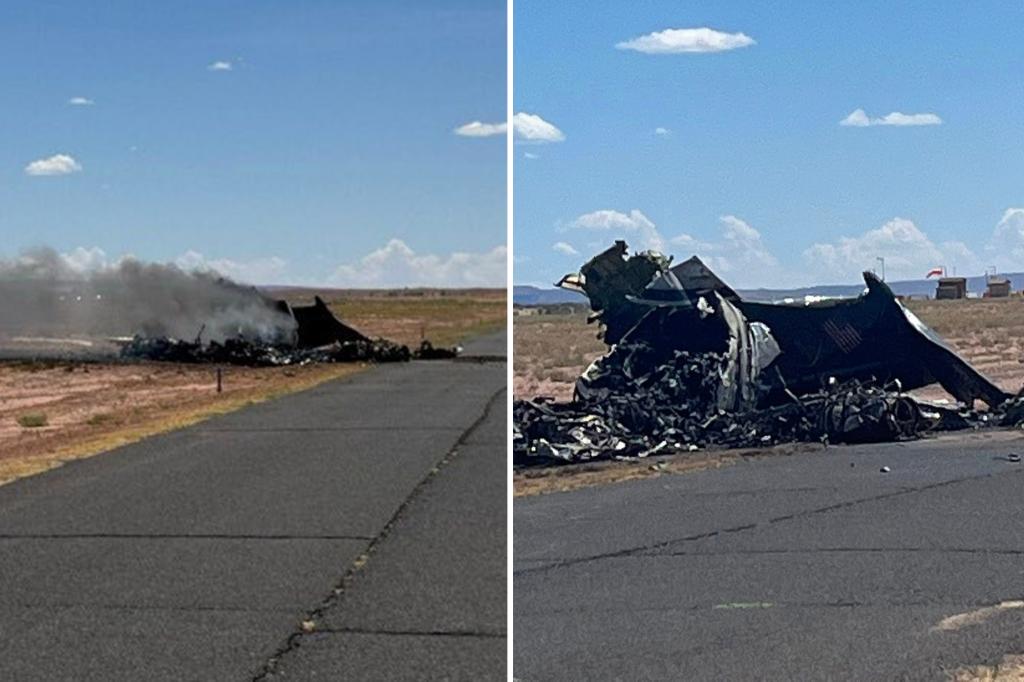SWAT Team’s Mistaken Raid Sparks Lawsuit
A recent incident in Denver has raised significant concerns regarding police practices and accountability, particularly in high-stakes situations involving specialized units like SWAT teams. This event unfolded when a SWAT team mistakenly raided the wrong apartment, resulting in the traumatic experience of two young girls and igniting a lawsuit against the police department. This case not only highlights the potential for grave errors in law enforcement but also prompts critical questions about the systems in place to hold police accountable for their actions.
The Incident: A Disturbing Misunderstanding
On a seemingly ordinary day in Denver, the local SWAT team executed a raid based on what they believed to be credible intelligence regarding a suspect involved in criminal activities. However, their operations led them to the wrong apartment, leaving innocent occupants shocked and traumatized. The two young girls who were in the apartment at the time have since expressed deep emotional distress over the event.
This incident illustrates how the high-pressure environment of law enforcement can sometimes lead to devastating mistakes. Raids, particularly those conducted by SWAT teams, are typically fast-paced and intense, designed to catch suspects off guard. However, this urgency must be balanced with thorough intelligence gathering and verification to prevent tragic errors, such as the one that occurred in this case.
The Fallout: Trauma and Legal Action
The aftermath of the raid has seen the family of the affected girls file a lawsuit against the Denver Police Department. The lawsuit raises important questions about police accountability, particularly regarding how decisions are made when determining whether to conduct a raid. The plaintiffs argue that the SWAT team’s actions were reckless and that proper procedures were not followed to ensure the safety of innocent civilians.
The emotional impact on the children involved cannot be overstated. Trauma from such experiences can have lasting effects, especially on young minds. Experts in child psychology emphasize the importance of a stable and safe environment for children, and incidents like these can disrupt that foundation, leading to anxiety, fear, and trust issues.
Examining Police Accountability
This incident has reignited discussions about police accountability in the United States. As communities demand more transparency and responsibility from law enforcement, several key areas of concern have emerged:
- Procedural Safeguards: What protocols are in place to ensure that SWAT teams conduct thorough investigations before executing a raid?
- Training and Oversight: Are law enforcement officers adequately trained to handle high-stress situations while still adhering to the highest standards of safety for civilians?
- Community Relations: How can police departments improve their relationship with the communities they serve to ensure trust and cooperation?
The need for comprehensive reviews of police procedures has become increasingly clear. Many community leaders advocate for increased oversight and the establishment of independent review boards to evaluate police actions, especially in cases involving the use of force or the execution of search warrants.
The Role of Technology
In today’s digital age, technology plays a critical role in policing. Body cameras, surveillance systems, and data analytics can provide valuable insights into police operations and help prevent misunderstandings. However, the reliance on technology also raises questions about privacy and the ethical implications of surveillance.
For instance, if the SWAT team had access to more accurate data or surveillance, they might have been able to verify their target more effectively. This underscores the importance of investing in technology that aids law enforcement without compromising the rights of the community.
Community Impact and Rebuilding Trust
Communities affected by police actions often deal with the repercussions long after the incidents occur. The trauma experienced by the two young girls in Denver is a stark reminder of the need for police departments to engage with their communities actively. Building trust requires transparency, accountability, and ongoing dialogue between law enforcement and the public.
In response to incidents like this, some police departments have initiated community outreach programs aimed at fostering better relationships with residents. These programs offer opportunities for education, discussion, and collaboration to ensure that the community’s voice is heard in the decision-making processes that impact their lives.
Looking Ahead: A Call for Reform
The mistaken raid in Denver is not just a singular event but a reflection of broader systemic issues within law enforcement. As the lawsuit unfolds, it serves as a catalyst for necessary conversations about police reform. Advocates are calling for:
- Enhanced Training: Implementing comprehensive training programs focusing on de-escalation techniques, community engagement, and the psychological impact of police actions.
- Policy Overhaul: Reviewing and updating policies regarding raid execution, particularly in residential areas where innocent lives could be at stake.
- Public Accountability: Ensuring that police departments are held accountable for their actions through independent investigations and community oversight boards.
Reforming police practices is not just about preventing mistakes; it’s also about restoring faith in law enforcement. By addressing the root causes of these incidents, police departments can work towards rebuilding trust with the communities they serve.
Conclusion: A Path Forward
The SWAT team’s mistaken raid in Denver has opened the door to critical discussions about accountability, community safety, and the need for reform in policing practices. As the lawsuit progresses, it serves as a reminder that the actions of law enforcement have profound impacts on individuals and communities. Moving forward, it is crucial that we embrace a collaborative approach to policing, one that prioritizes the safety and well-being of all citizens.
By implementing necessary changes and fostering a culture of accountability, law enforcement can begin to heal the wounds caused by incidents like this and work towards a more just and equitable system for everyone.
See more ABC News Feed



